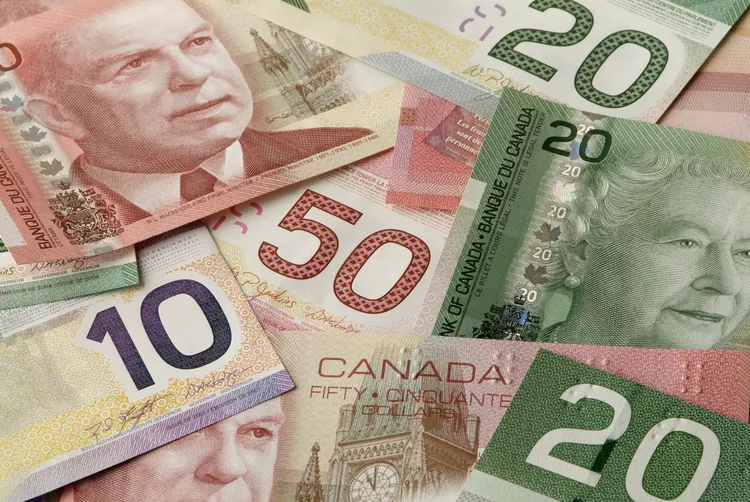Summary
Understanding Canadian Currency
Canada has its own currency—the Canadian dollar (CAD), often referred to as “the Loonie,” due to the loon depicted on the one-dollar coin. Goods and services are primarily purchased using Canadian dollars; however, U.S. dollars may also be accepted, mainly in border towns, duty-free shops, and major tourist attractions.
Places to Exchange Currency
Foreign currencies can easily be exchanged for Canadian dollars at currency exchange kiosks located at border crossings, large shopping malls, and banks. If you prefer to have some currency in hand, finding a bank or ATM to withdraw local currency would be beneficial. ATMs can typically be found in bank lobbies, stores, malls, and restaurants.
When utilizing your bank card to withdraw cash from an ATM, you will receive Canadian currency while your bank manages the conversion. Therefore, checking with your bank before embarking on your Canadian trip is advisable to identify the most suitable travel card. Some ATM networks offer fee-free withdrawals to visitors, which can be a cost-effective choice.
Best Exchange Rates
Generally, you will achieve the best exchange rate at a bank or if you use a credit card for your purchases. Although your bank may charge a fee per transaction, the exchange rate is likely to be competitive. Be aware that some banks might impose a surcharge for currency exchange, so it is wise to verify this with your bank in advance. Banks like Chase, Capital One, and certain Citibank branches may not charge foreign exchange fees.
Moreover, decent exchange rates can also be found at post offices and American Express offices. Hotels may also offer currency exchange services worth exploring.
Worst Exchange Rates
It is recommended to avoid currency exchange bureaus commonly found in airports, train stations, and touristy areas, as they generally offer the worst rates. However, if you arrive in Canada without any Canadian currency and need immediate cash, exchanging a small amount at the airport or border crossing may be necessary to ensure you have some local money on hand.
Common Pitfalls of Money Exchange
When it comes to exchanging money, spend time comparing options. Carefully read the posted exchange rates and inquire about the net rate after commissions, as some fees may be per transaction or percentage-based.
To attract customers, some money changers post the selling rate for U.S. dollars instead of the buying rate. It’s important to focus on the buying rate since you will be purchasing Canadian dollars.
Always pay attention to the fine print; sometimes, the displayed rate may be contingent, applying only to traveler’s checks or significantly large amounts of cash (in the thousands). Generally, reputable banks and government-run post offices avoid these issues.
Banks in Canada
Well-established Canadian banks include RBC (Royal Bank of Canada), TD Canada Trust (Toronto-Dominion), Scotiabank (Bank of Nova Scotia), BMO (Bank of Montreal), and CIBC (Canadian Imperial Bank of Commerce).




